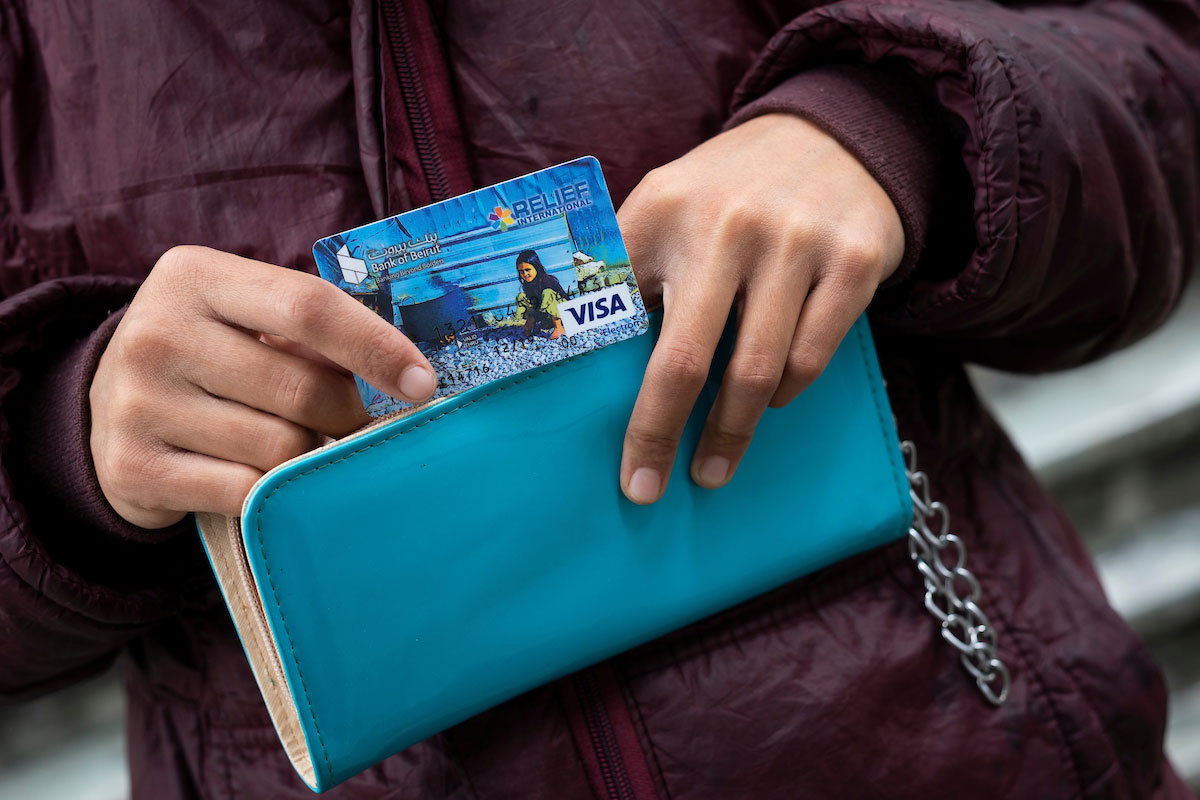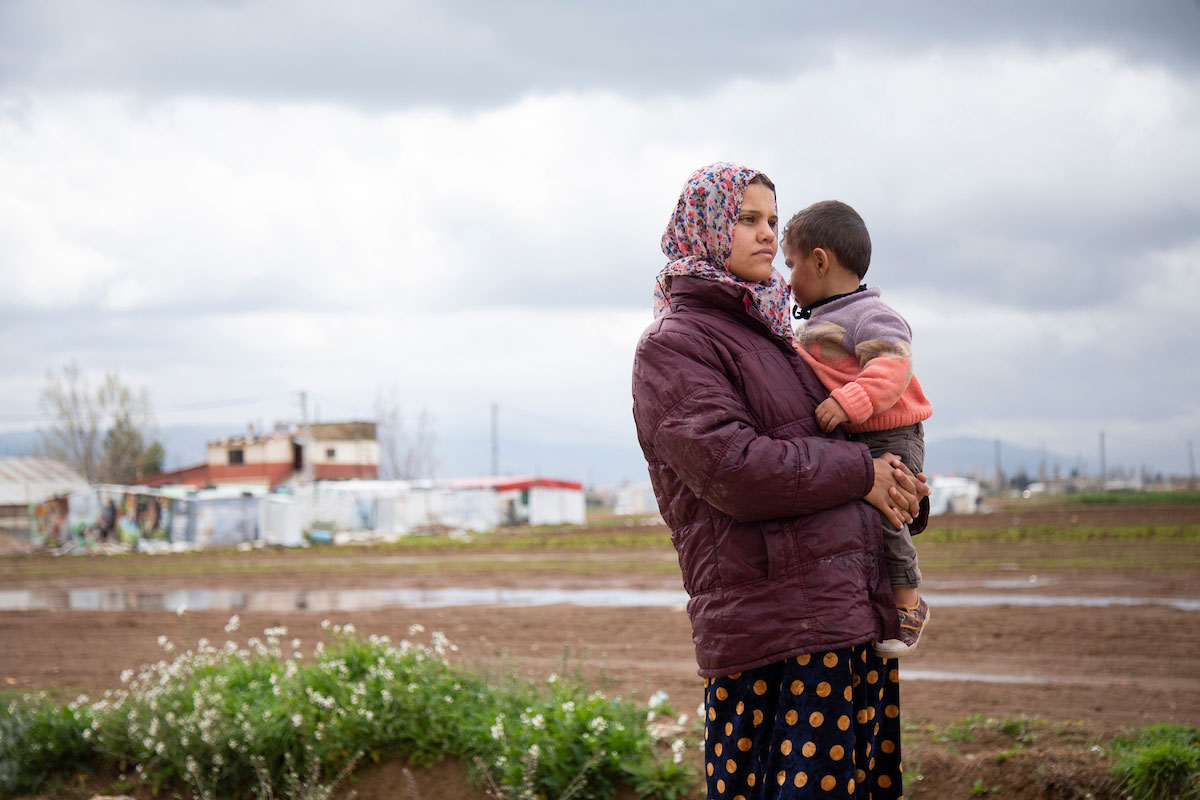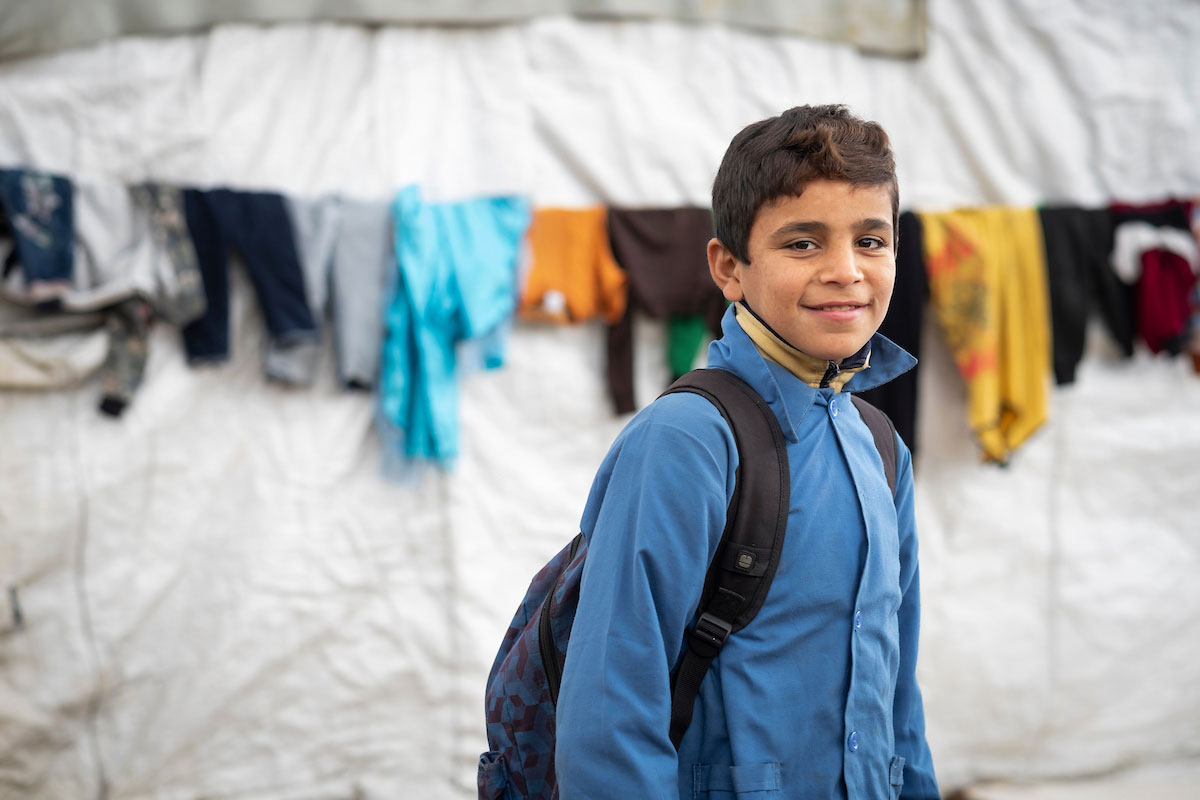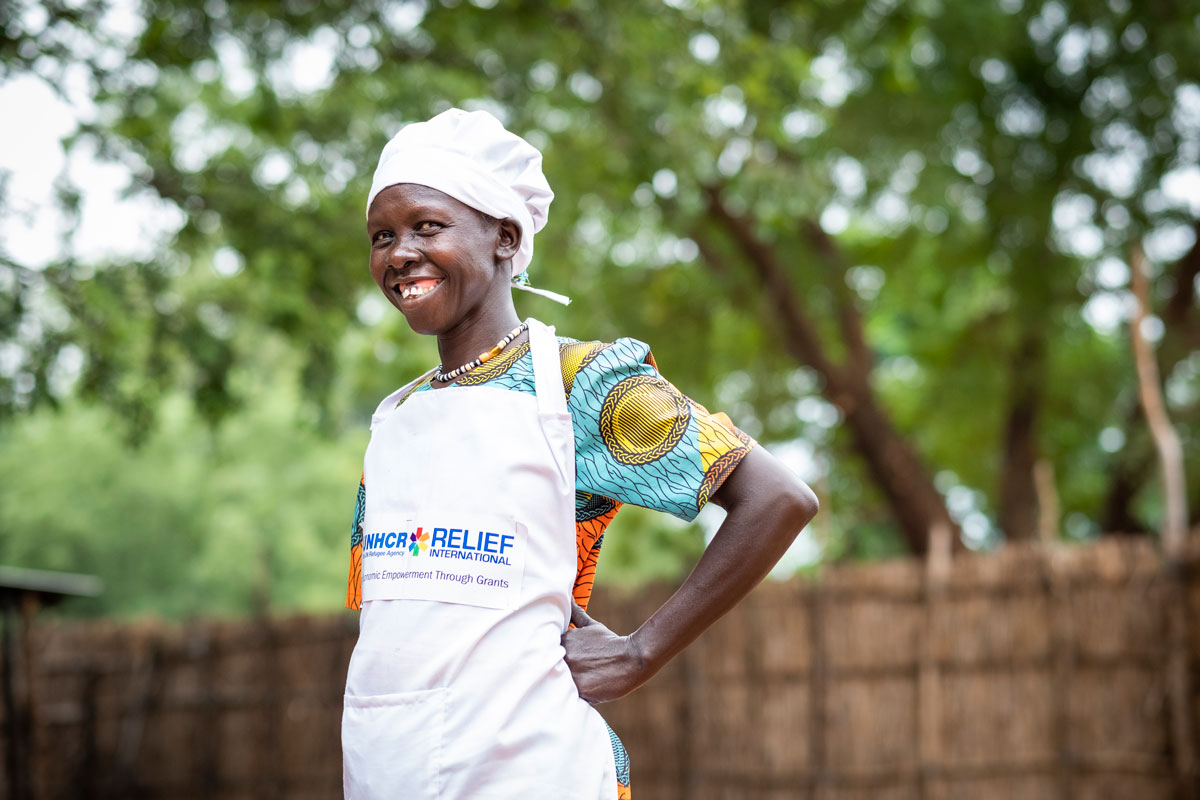Cash assistance is not a handout.
Over the past decade, the humanitarian community has reached the consensus that cash, as compared to in-kind aid, is often the most efficient, transparent, and accountable system for sending relief to those who need it most.
Inflation, unemployment, and widespread poverty make it difficult for people in fragile settings to afford basic goods and services. Conflict and natural disasters exacerbate these conditions. Cash assistance is proven to be one of the most effective ways to help people living in these vulnerable situations.
Instead of distributing traditional aid items when conflict or natural disasters strike, cash assistance puts power in the hands of the people we serve. It enables them to identify, prioritize, and purchase the items or services that meet their family’s most urgent needs.
Cash assistance also kick starts local markets and supply chains. Recipients purchase supplies in nearby markets, giving struggling economies a boost they wouldn’t receive from aid items shipped in bulk from far away.
How does it work?
Whether by voucher or ATM card or actual cash— there are many ways to effectively deliver cash assistance. Over the last five years, Relief International has supported cash assistance programs in Afghanistan, Bangladesh, Iran, Lebanon, Somalia, South Sudan, Syria, and Yemen.
In Lebanon, $175 is loaded on a debit card each month for a minimum period of nine months. Program participants can withdraw the cash from an ATM or use the card as payment at any point of service within the country. There are no conditions on how families spend the cash. Since 2015, our data has shown the most common uses of the money to be rent, food, and healthcare.
In South Sudan, cash business grants of up to $600 are awarded to individual entrepreneurs and group start-ups that participate in Relief International’s vocational training program. In the first three years of the program, grants were given in-kind as materials. Starting in 2019, the awards were given in cash. “Now that the market is fully functioning in Maban, we want to give grants as cash so that recipients have purchasing power and can support other businesses by buying local materials,” says Henry Omony, Relief International’s Food Security and Livelihoods Manager for South Sudan.



